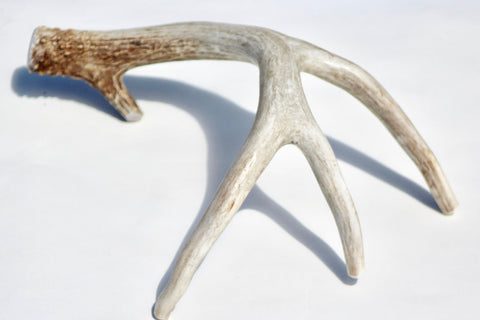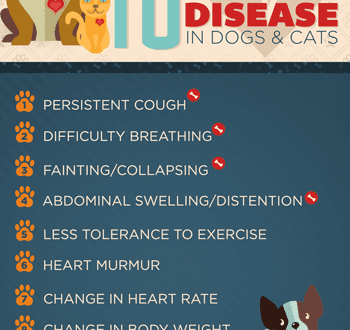
How often and why should you change your dog’s food?
It is important to transition your dog to a new food gradually to avoid indigestion or intestinal problems.
Mix the food your dog is currently eating with new food. Over the course of 7 days, gradually reduce the amount of old food while increasing the amount of new food.
To help you resolve this issue, below is a 7-day migration schedule.
Use these guidelines when transitioning your dog to a new food:
- Puppies become adults at the age of 12 months (large and giant breed puppies can grow up to 18 months) – at this age, in order to receive the necessary amount of nutrients, they need to be gradually transferred to adult dog food.
- Large breed puppies and small breed puppies should be switched to large breed and small breed adult dog food respectively to help meet their special needs.
- Adult small to medium breed dogs over the age of 7 years are recommended to be switched to a senior dog food that will provide them with the necessary amount of nutrients at this life stage.
- Large and giant breed dogs around 5 years of age should be switched to senior large and giant breed dogs to meet their special nutritional needs.
- Pregnant or lactating dogs need energy-dense, high-calcium foods, so be sure to give them puppy food during this special time. However, large and giant breed dogs during their pregnancy, or when they are nursing puppies, should be switched to regular puppy food, not to large and giant breed puppy food (which contains slightly fewer calories than mother dogs need).
- If your veterinarian has recommended a special diet for dogs when your pet is having health problems, be sure to discuss the plan of action with him in detail. Your veterinarian can give you specific recommendations to ensure a successful transition to a new food.





